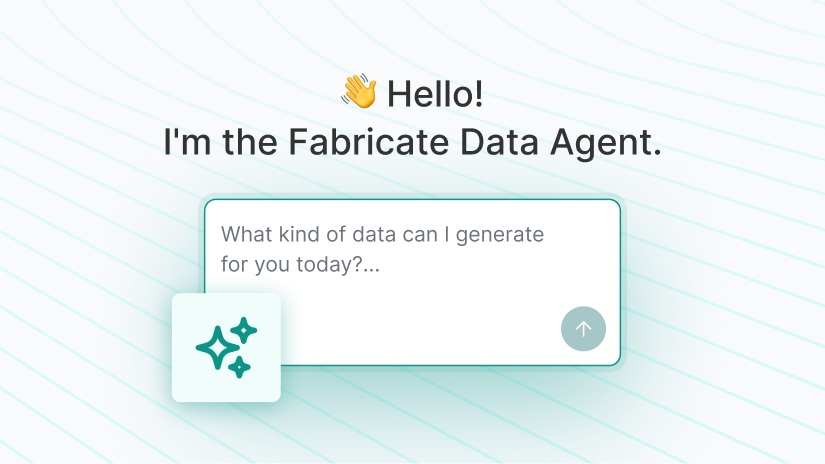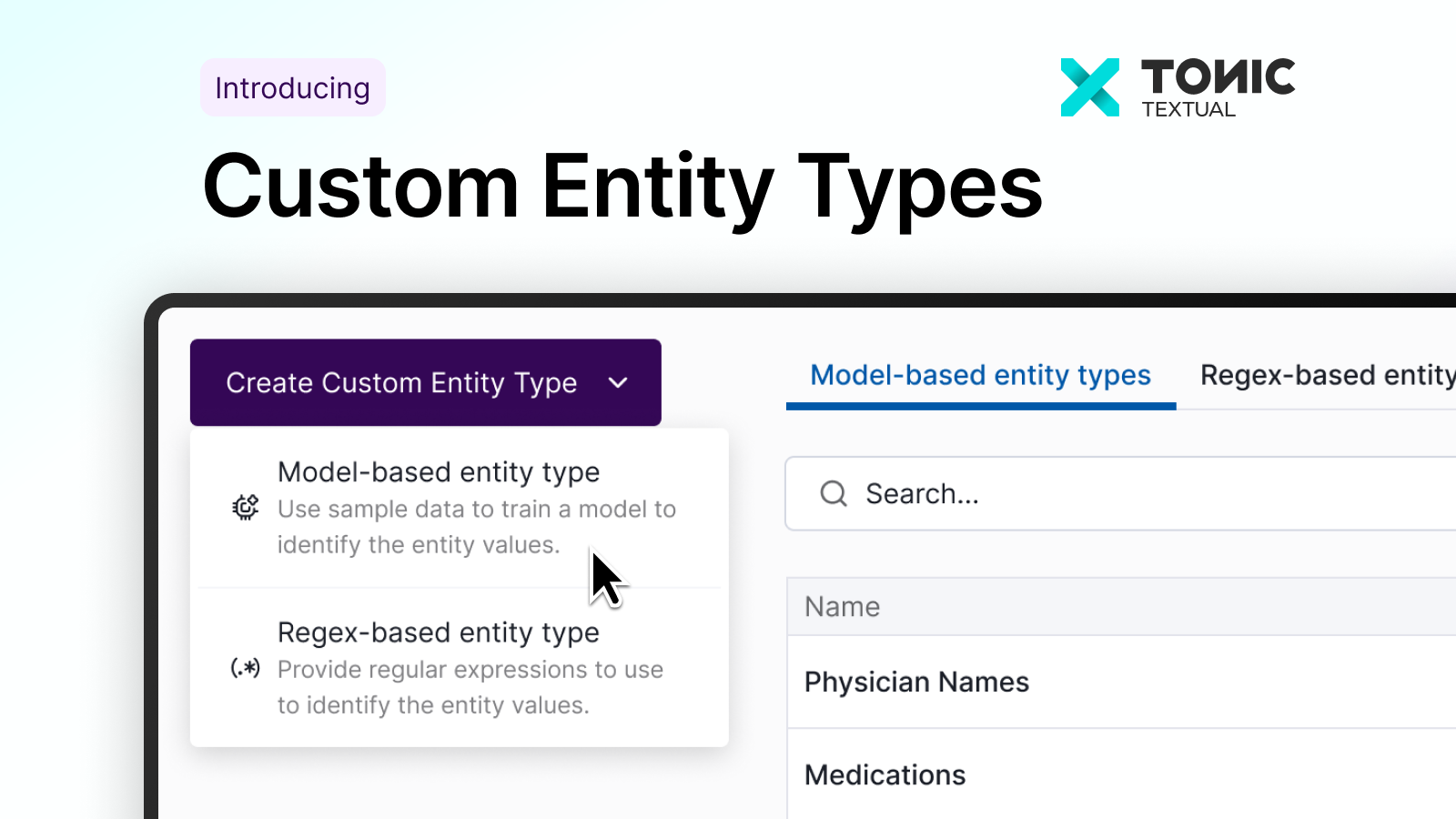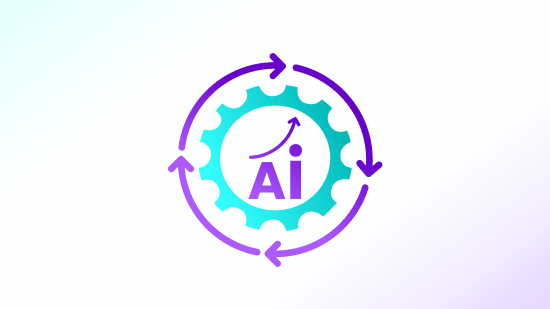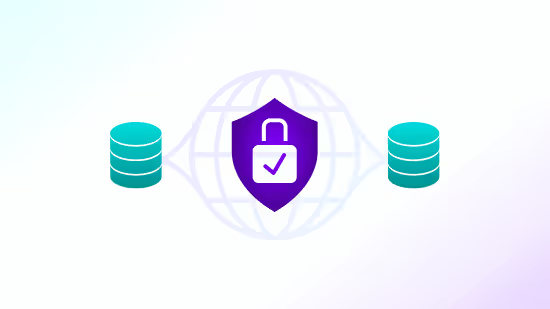Expert insights on synthetic data
The lastest
Guided redaction in Tonic Textual: Human-precision, streamlined by AI
Guided Redaction blends AI automation with human judgment to help teams finalize sensitive document redactions faster, more accurately, and with full auditability.

Blog posts
Thank you! Your submission has been received!
Oops! Something went wrong while submitting the form.
Data de-identification
Data privacy
Product updates
Tonic Textual

Hyper-realistic synthetic data via agentic AI has arrived. Meet the Fabricate Data Agent.
Product updates
Product updates
Generative AI
Tonic.ai editorial
Data synthesis
Tonic Fabricate
Product updates
Generative AI
Data privacy
Tonic Textual
Product updates
Tonic.ai editorial
Tonic Fabricate
Tonic Structural
Tonic Textual
Data privacy
Generative AI
Tonic Textual
Generative AI
Data privacy
Tonic Structural
Tonic Textual
Tonic Fabricate
Product updates
Tonic Structural
Tonic Textual
Tonic Fabricate


.svg)
.svg)




















.svg)











